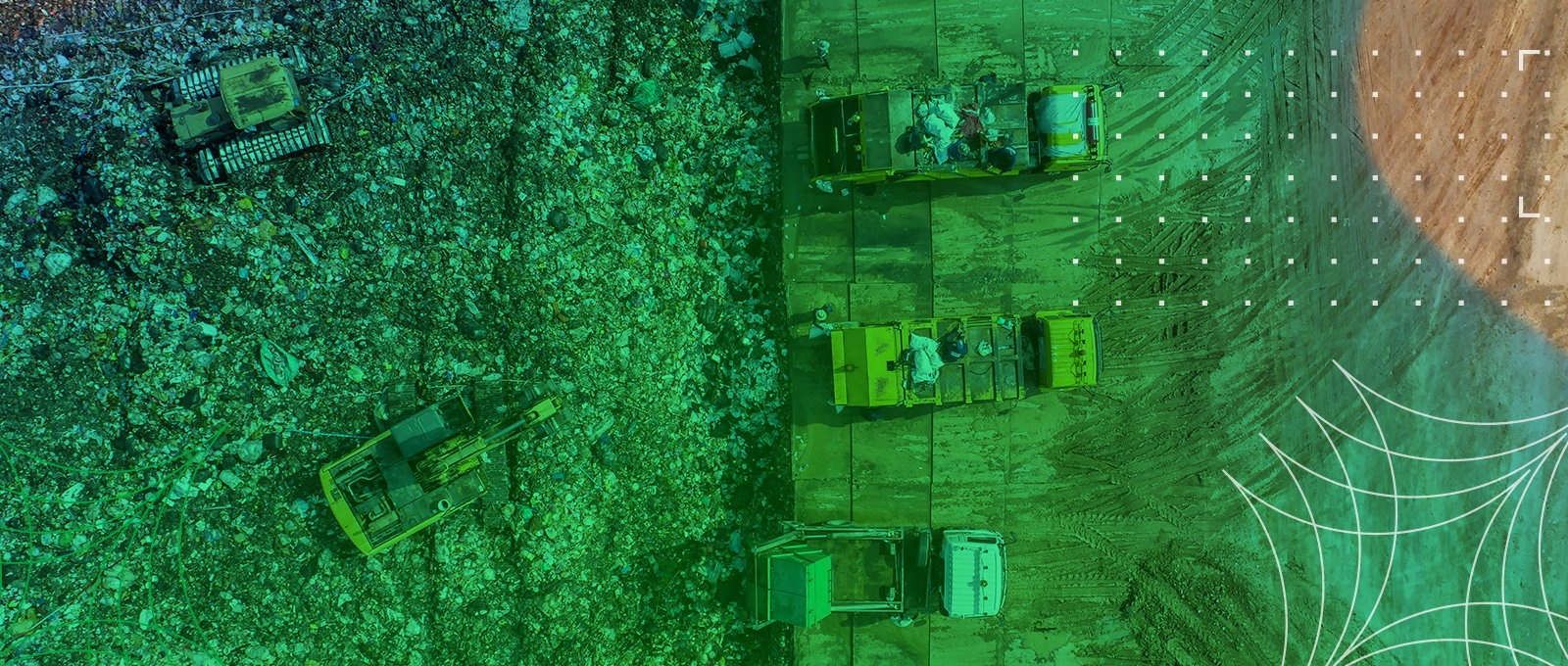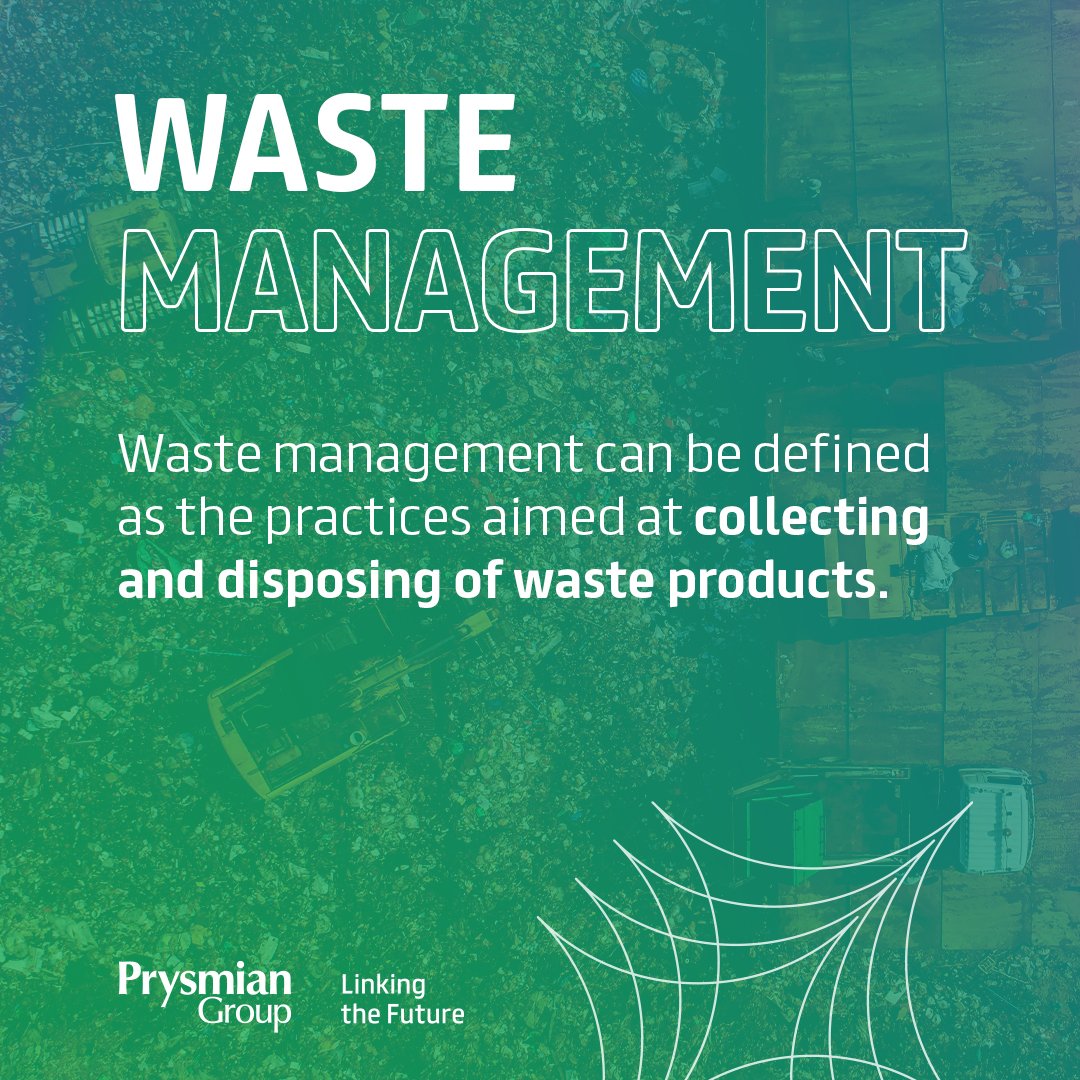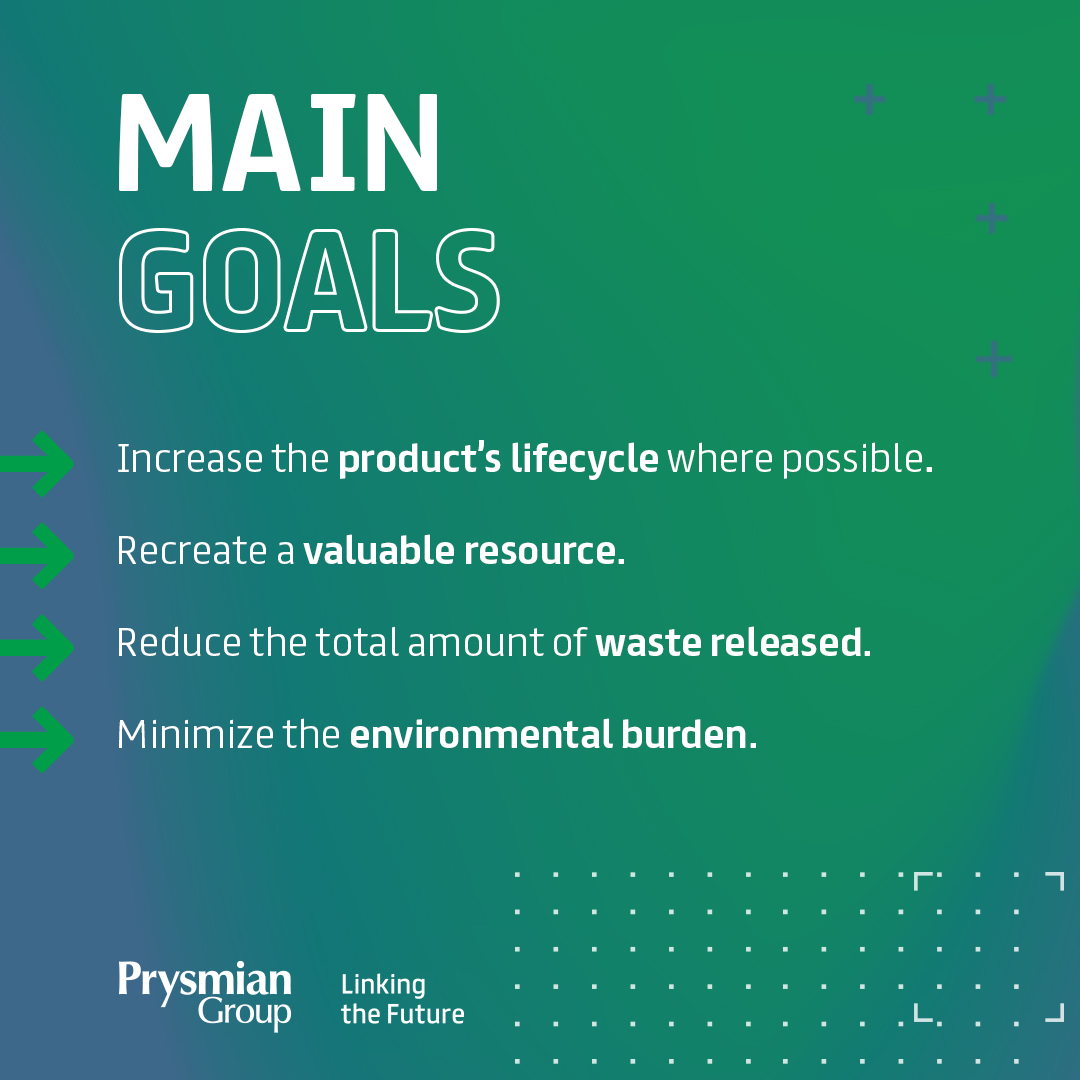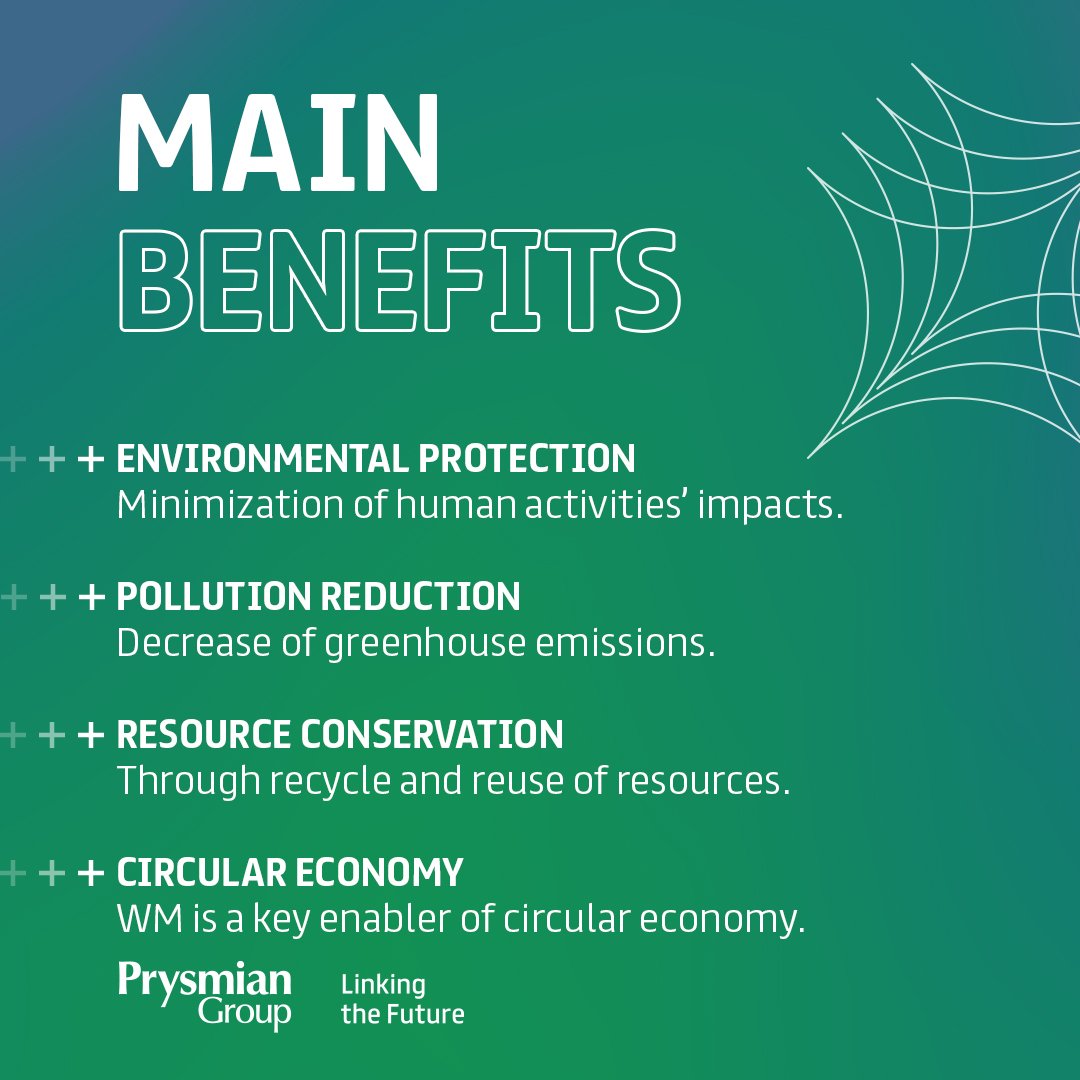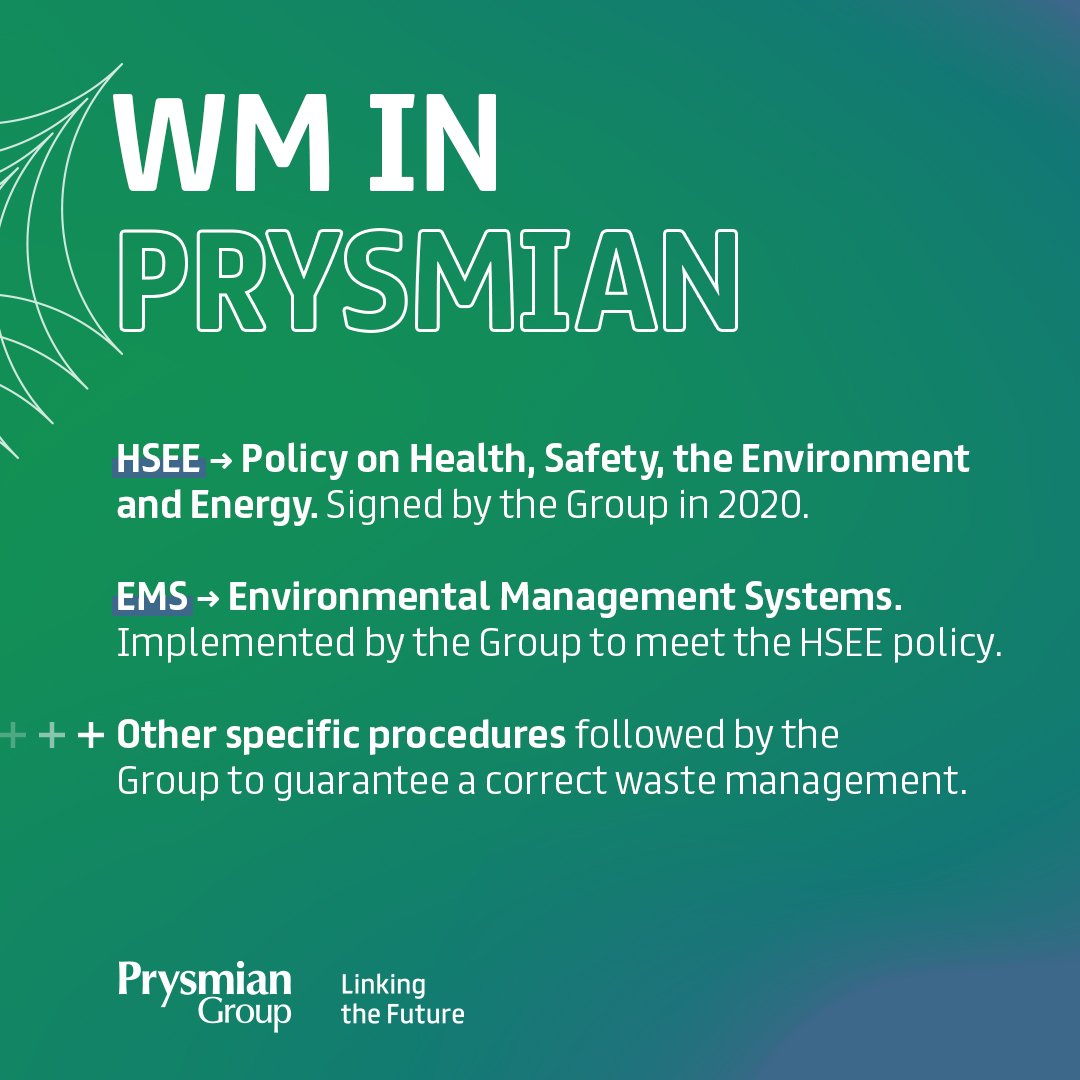Prysmian has long undertaken to make wise and aware use of its own resources to reduce the waste products from every production process. The Group’s Policy on Health, Safety, the Environment and Energy (HSEE), signed in 2020, for systematic energy management and, in general, the optimisation of resources and materials, bears witness to the Group’s responsibility in this matter.
In order to meet the commitments contained in the HSEE policy, the Group manages the various environmental matters by implementing Environmental Management Systems (EMS), which makes it possible to define plans, processes and practices intended to improve the organization’s environmental performance. In addition, specific procedures and operating instructions are followed for the correct identification of:
- Activities, processes, projects and investments that generate waste, and evaluation of the associated potential environmental impacts;
- Types of waste generated, their classification under locally applicable legislation and proper grouping and reporting;
- Specific instructions and training for staff on the proper handling of waste in the Group’s operating units and for its disposal in accordance with regulatory requirements, but also in order to minimize the environmental impact of operations downstream in the supply chain;
- Specific requirements and/or performance indicators applicable to the various types of suppliers, with random HSEE audits to verify waste operations.





